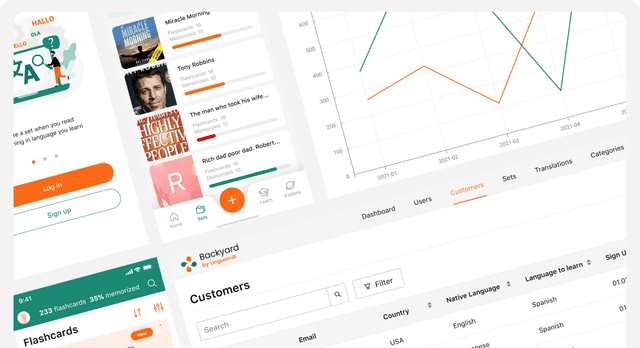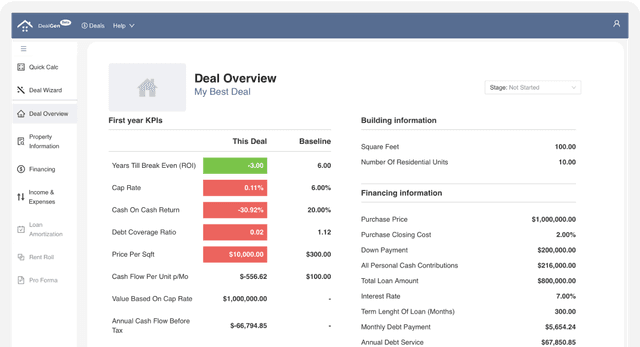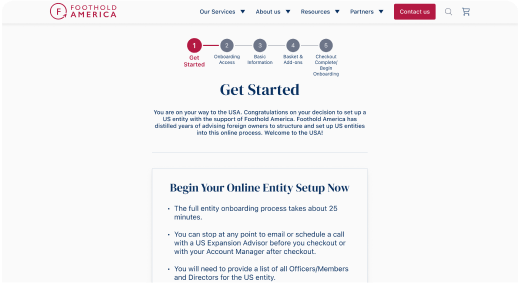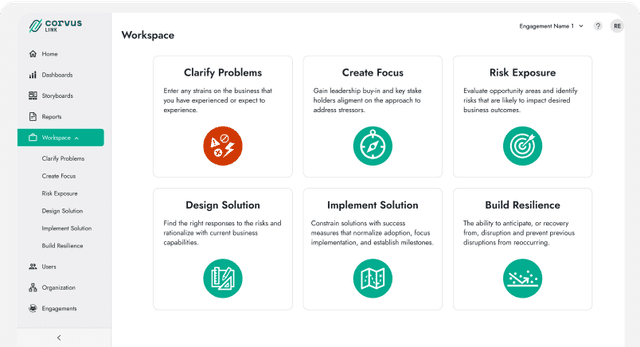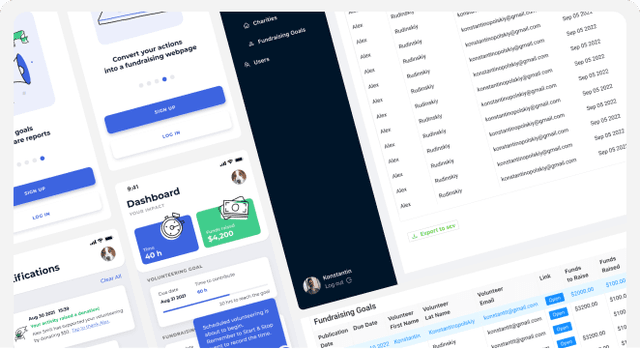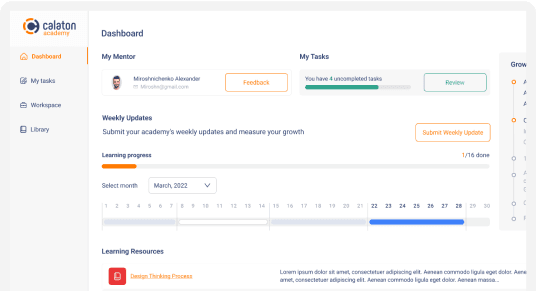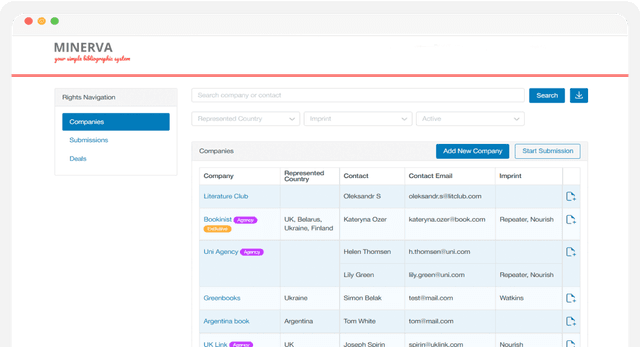Project Management and Testing
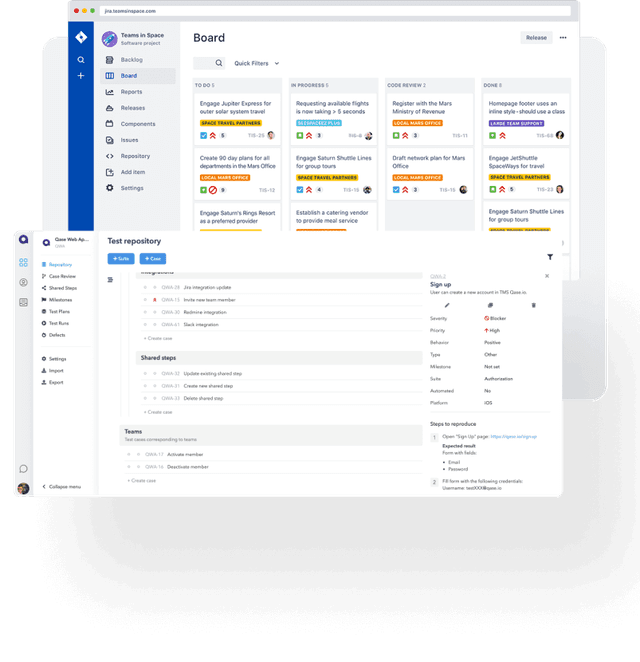
As an efficiency-driven agency, organization and project management are core components of every project we take on. Our Project Managers are always available to assist your teams in analyzing project scopes, clarifying requirements, splitting user stories and tasks, setting up project management tools, managing teams, writing technical documentation, and ensuring your project is on time and on budget.
With experience testing and launching a variety of technology solutions, we know exactly what to look for when it comes to bugs and logic gaps. Our experience helps us avoid these issues in the development phase and rapidly deploy solutions to any remaining issues we find in testing. Ultimately, you’ll be ready to launch a fully developed product you can trust.

Powered By
How we do Project Management and Testing
We base our processes on methods proven to be reliable and resource-efficient, ensuring we can provide high-value ROI on every project. Working alongside you and your team, we deliver scalable, high-quality software solutions that make adding new features and QA a breeze.
Our Project Management process is straightforward and consist of the following phases:
1. Initiation
In this phase, the project is initiated by defining the project scope, objectives, and stakeholders, and establishing a project charter that outlines the project's overall purpose and goals.
2. Planning
This phase involves developing a detailed project plan that outlines the project scope, timeline, budget, and resource requirements, as well as identifying potential risks and establishing a risk management plan.
3. Execution
During this phase, the project plan is put into action, and the project team works on the project deliverables according to the plan. Progress is closely monitored, and any changes or issues are addressed as they arise.
4. Monitoring and control
In this phase, progress is closely monitored and compared against the project plan. Any deviations from the plan are identified and addressed, and corrective actions are taken as necessary to keep the project on track.
5. Closing
The final phase of the project involves formally closing the project, including delivering the final product or service to the client, conducting a final project review, and archiving project documentation for future reference.
Project Testing usually goes along with Project Development and Project Management. We follow the standard processes when testing projects. Testing is usually consist of the following phases:
1. Test Planning
In this phase, the testing team defines the testing objectives, scope, test strategy, and test plan. It includes identifying the testing approach, techniques, tools, resources, and timelines required for the testing process.
2. Test Design
In this phase, the testing team creates test cases, test scenarios, and test data based on the requirements and design specifications. It involves defining the expected outcomes, inputs, and preconditions for each test case.
3. Test Execution
In this phase, the testing team executes the test cases using the identified test environment and test data. It involves identifying and logging defects, retesting the fixed defects, and reporting the testing progress and status to the stakeholders.
4. Test Reporting
In this phase, the testing team analyzes the test results and creates test reports that provide details on the testing progress, defect trends, and testing completion status. It involves identifying areas for improvement and making recommendations for future testing cycles.
5. Test Closure
In this phase, the testing team conducts a review of the testing process and identifies lessons learned. It involves closing all the test-related activities and providing the final test report to the stakeholders.
6. Test Automation
In this phase, the testing team automates the testing process by using test automation tools and frameworks to increase the testing efficiency and coverage.
7. Performance Testing
In this phase, the testing team performs load, stress, and performance testing to validate the software's performance and scalability under real-world scenarios.
8. Security Testing
In this phase, the testing team performs security testing to identify vulnerabilities and security threats and ensure the software meets the security requirements.
9. User Acceptance Testing (UAT)
In this phase, the testing team involves the end-users to perform acceptance testing to ensure that the software meets their business needs and requirements.
